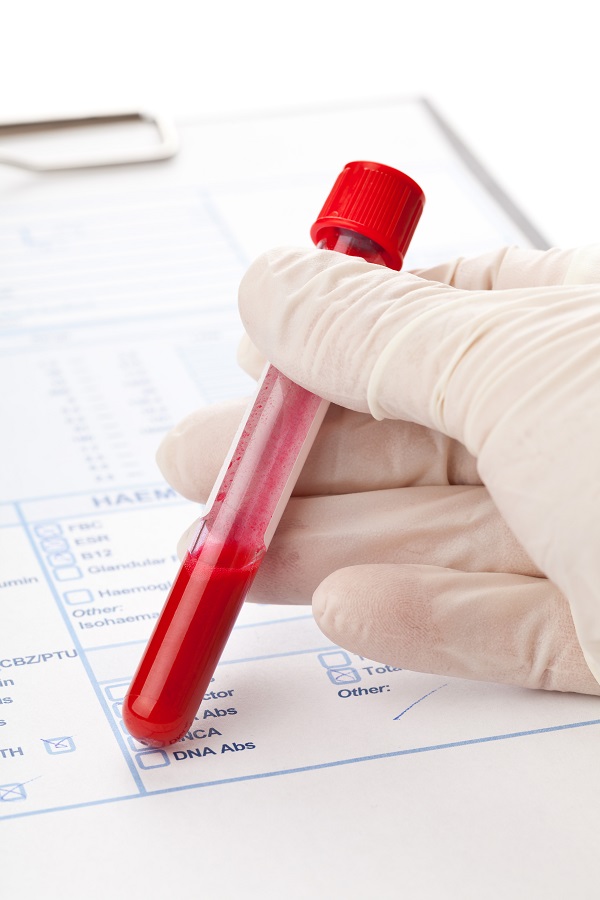Avoiding Self-Incrimination After a Drug or Alcohol Arrest
After you have been arrested on drug or alcohol-related charges, you must take care to avoid self-incrimination. Ideally you should talk to a lawyer about your rights as soon as possible after arrest. In reality, it may be days or weeks until you can secure representation. In the meantime, here are some tips. Oversharing Is Bad for Your Case When all your friends and family communicate using social media, your first instinct may be to post about your arrest or message everyone for advice. Avoid doing this at all costs. The prosecutor can and often will find out about your social media...
Continue reading





